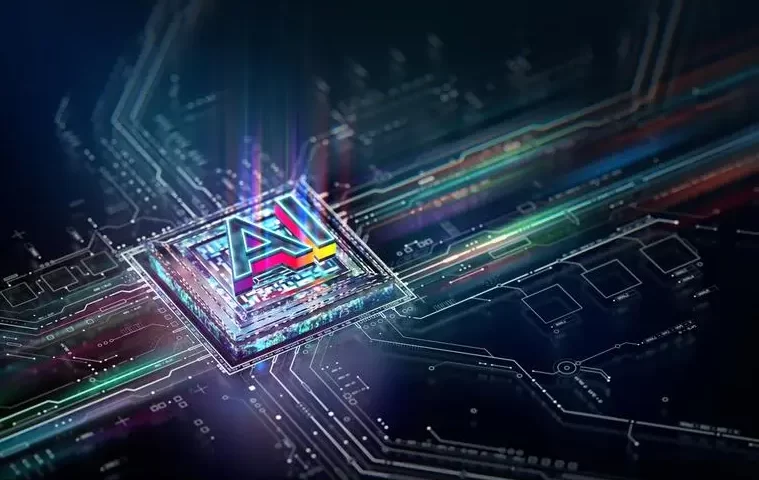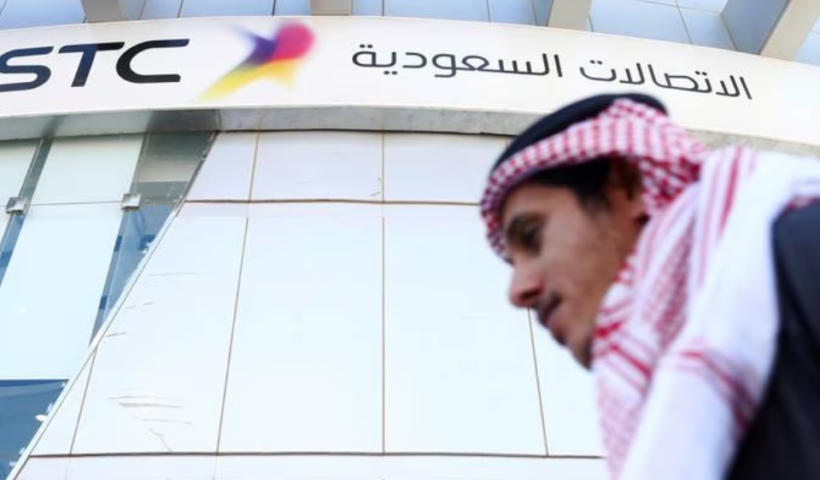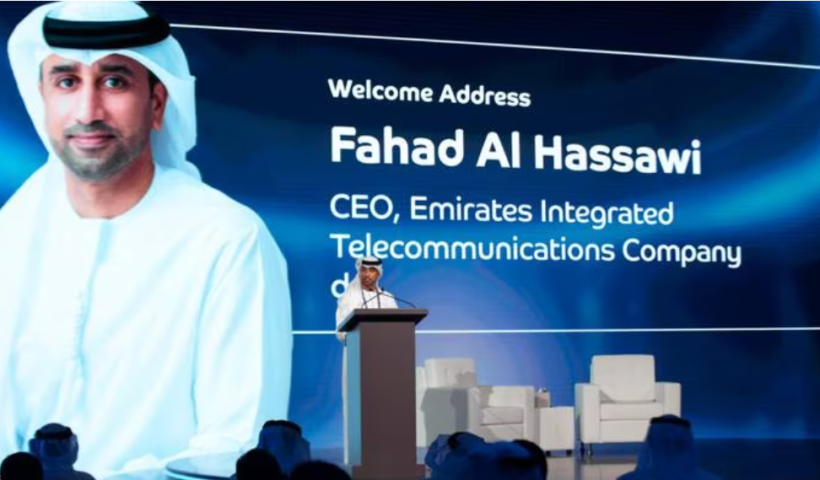30 entrepreneurs have reserved their places in the programs and will create cutting-edge AI solutions throughout the course of the 8-week program.
Since the Dubai Centre for Artificial Intelligence (DCAI) was established earlier this year by the Dubai Future Foundation, 615 startups from 55 different countries have sought to participate in the DCAI’s accelerator programs.
To give advanced technology startups and entrepreneurs the chance to explore AI uses and applications in the government and media sectors at AREA 2071, 30 startups have secured their spots in the programs and will develop their creative AI solutions during the 8-week program.
The first of its kind accelerator was created in collaboration between DCAI and Dubai Future Accelerators, a project of the Dubai Future Foundation (DFF).
The program encourages the creation of ground-breaking AI-based solutions to existing and upcoming problems in two key industries: media and communications and government services.
“The launch of this program follows the establishment of DCAI by H.H. Sheikh Hamdan bin Mohammed bin Rashid Al Maktoum, Crown Prince of Dubai, Chairman of the Dubai Executive Council, and Chairman of the Board of Trustees of the Dubai Future Foundation, with the aim of converting Dubai into a global pioneer in the deployment of AI tools in the public sector,” said Saeed Al Falasi, Director of DCAI.
“The DCAI Accelerator Programmes helps the government sector in Dubai by creating new initiatives and identifying fresh approaches to present and upcoming problems,” he stated.
This international program supports startups and business owners from all over the world, strengthening Dubai’s position as a pioneer in utilizing emerging technologies to keep up with quick developments in many industries.
“This program has global significance and has drawn interest internationally,” Al Falasi continued. It symbolizes a cutting-edge strategy by which Dubai hopes to draw digital firms to collaborate with government organizations to use AI tools to shape the future of governance and improve everyone’s quality of life.
The Future of Generative AI in Government Services and the Future of Generative AI in Media and Communications are the two programs that make up the DCAI Accelerator.
The Future of Generative AI in Government Services Program intends to elevate Dubai to the top of the world in terms of governmental services by utilizing technology to the highest levels of speed, quality, and efficiency. The program’s main goals are to improve operational efficiency, develop new, creative services, enhance existing services, and give government workers access to generative AI tools to boost productivity and guarantee that everyone, everywhere may access services.
The Future of Generative AI in Media and Communications Programme is focused on collaborating with international AI startups to use the most recent methods for producing media content, streamline distribution, increase reach, customize user experiences, cut costs, increase quality and income, apply AI for data analysis and strategic planning, and assist advertisers in maximizing their return on investment and personalizing ads using AI.
The DCAI Accelerator Programs give business owners the chance to accelerate their company’s growth and broaden their customer base in new local, regional, and international markets. Additionally, entrepreneurs have the chance to collaborate with governmental organizations and network with professionals and specialists in a variety of emerging industries in the UAE and throughout the world.
A specialized committee made up of specialists in AI applications will assess the projects. Successful candidates will receive invitations to Dubai, where they will collaborate closely with administrative bodies to create their projects and get ready for implementation.



